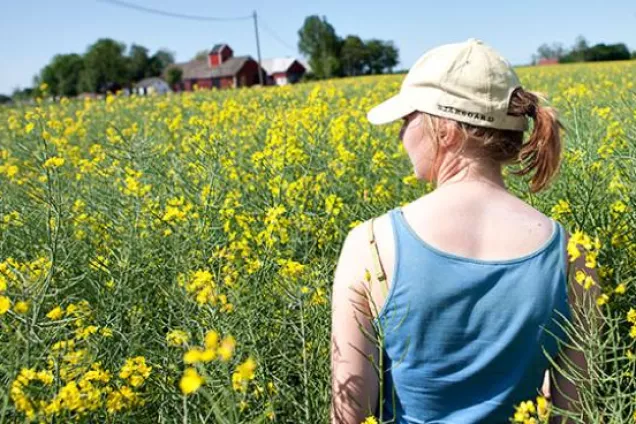Biodiversity and ecosystem services
Biodiversity
Biological diversity includes the diversity within and between both species and ecosystems. Biodiversity is the basis for the maintenance of functions and processes in the ecosystems, and thus it is central in the generation of ecosystem services (such as pollination and biological control). Research at Lund University includes:
- Integration of conservation with agricultural and silvicultural production
- The resilience of ecosystems and species in a changing world
Ecosystem services
The concept ”ecosystem services” is often used by both researchers and authorities to describe the dependence of human welfare on ecosystem functions. This highlights the need for knowledge about how natural ecosystem processes affect our society and stresses the risk of the high price to be paid if these processes are weakened, changed or removed. By describing the contribution of ecosystems to our welfare with a straight-forward concept like ecosystem services, the focus is turned towards sustainable management of ecosystems and their inherent processes.
Examples of the research at Lund University includes the following ecosystem services:
- Pollination
- Access to clean water
- Sequestration of carbon in soils and water
- Natural biological control
- Nutrient cycling
Contact information and links
Related institutes and research centres at Lund University:
Centre for Environmental and Climate Science
Physical Geography and Ecosystem Science

EIT Climate-KIC
climate-kic.lu.se

LU Water
water.lu.se

LU Land
lu.se

MERGE
merge.lu.se

Main page about research at Lund University
lunduniversity.lu.se


